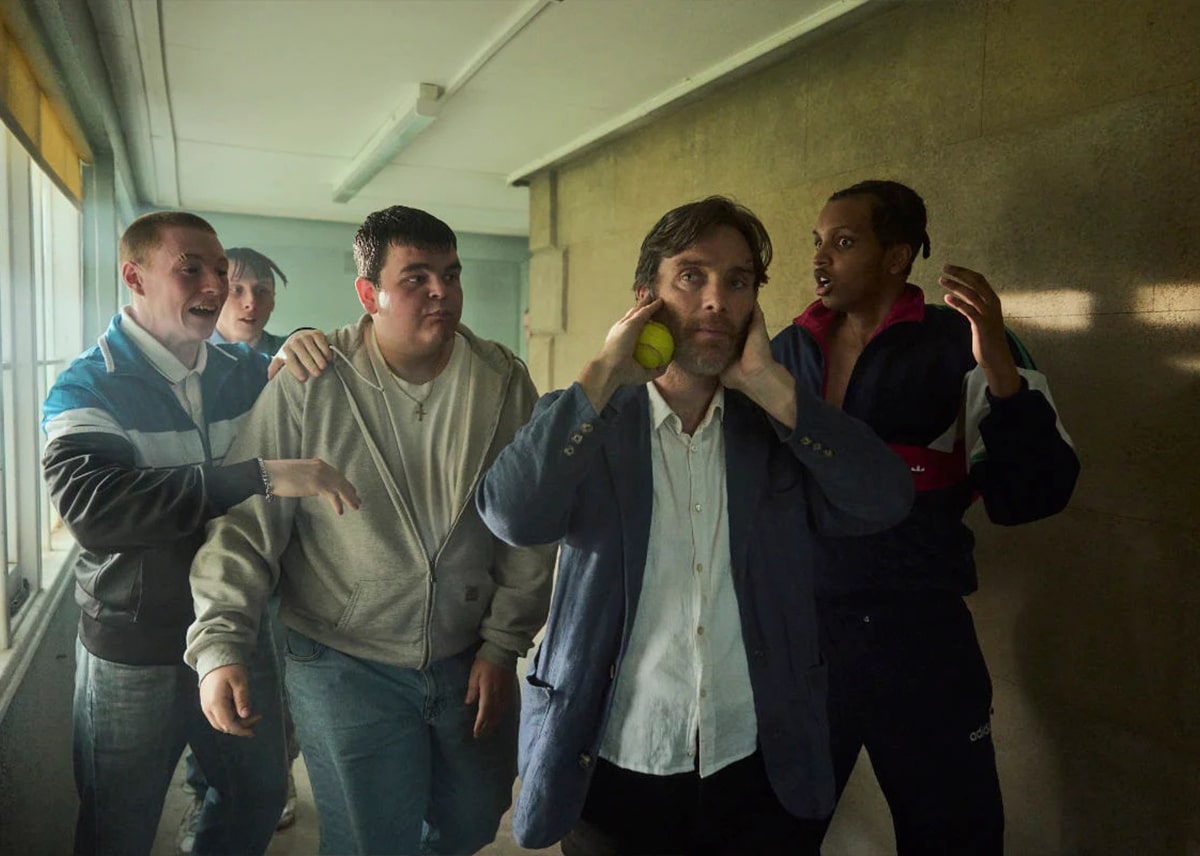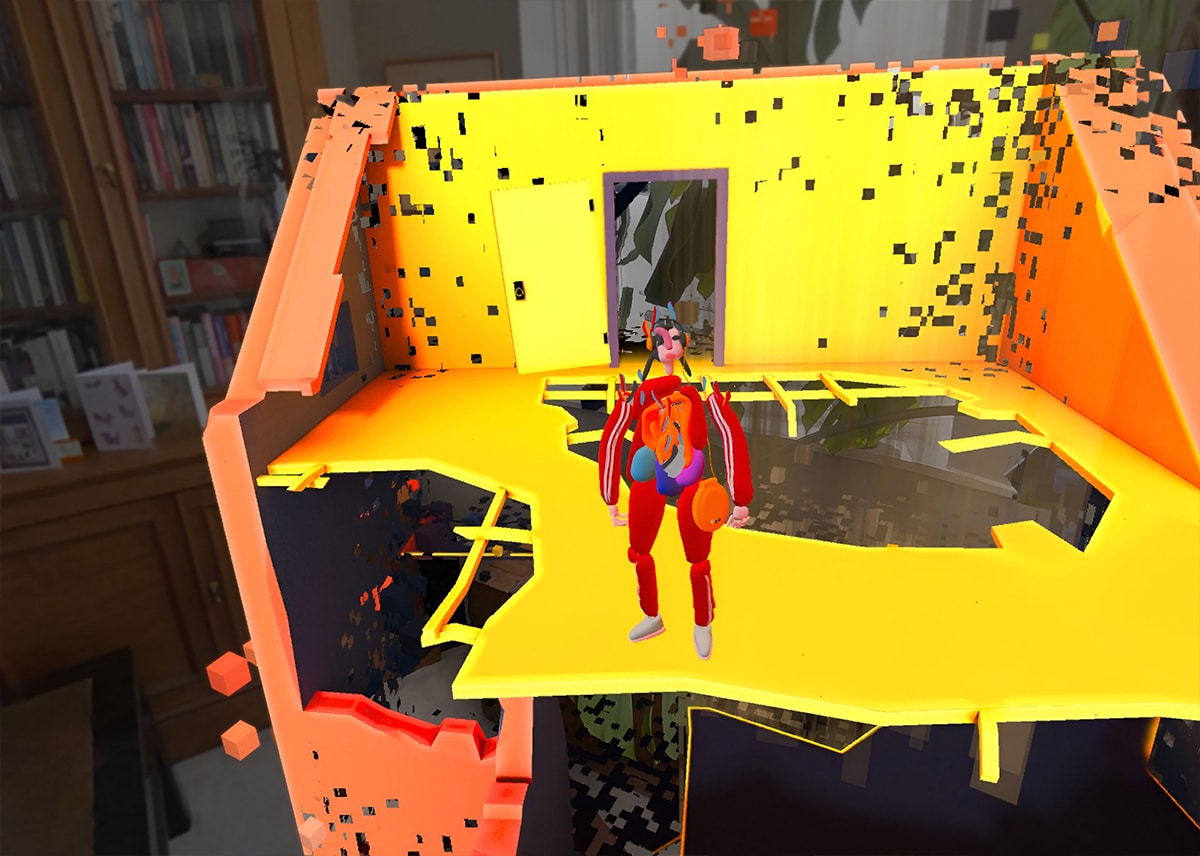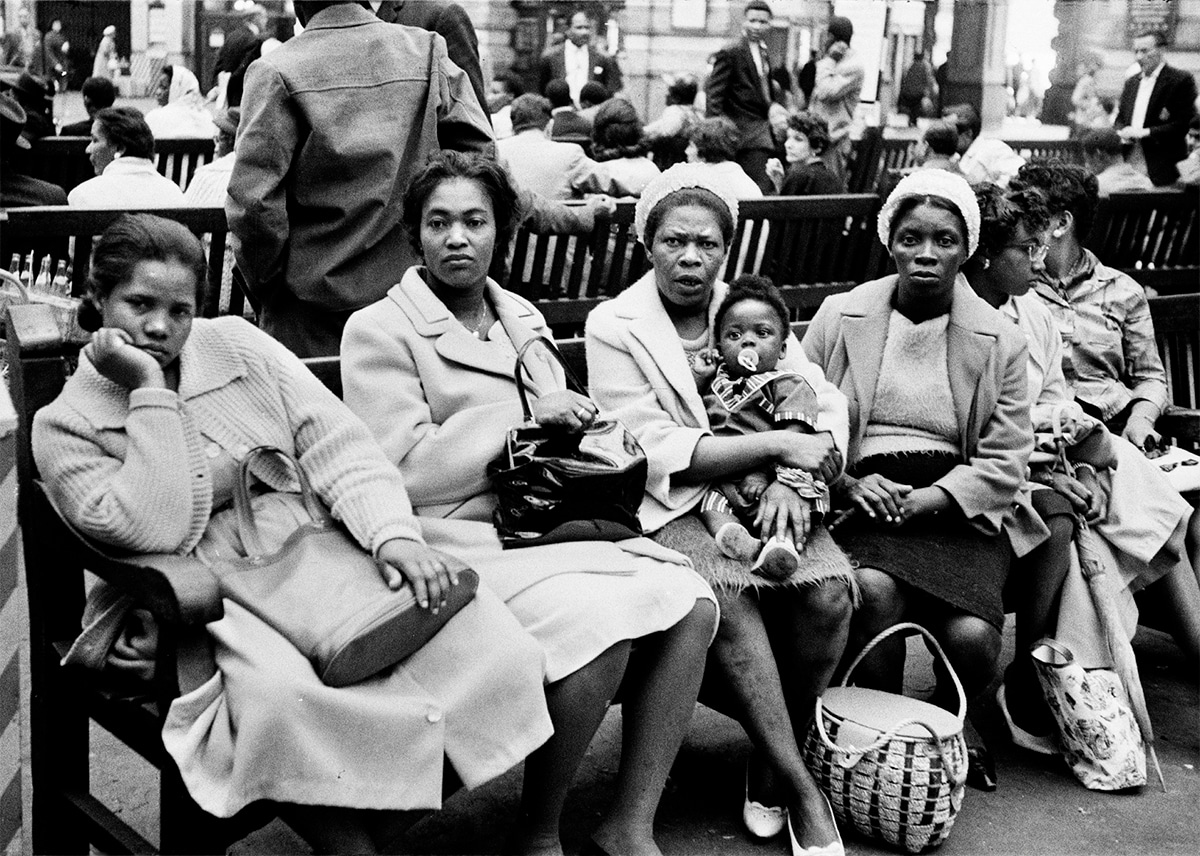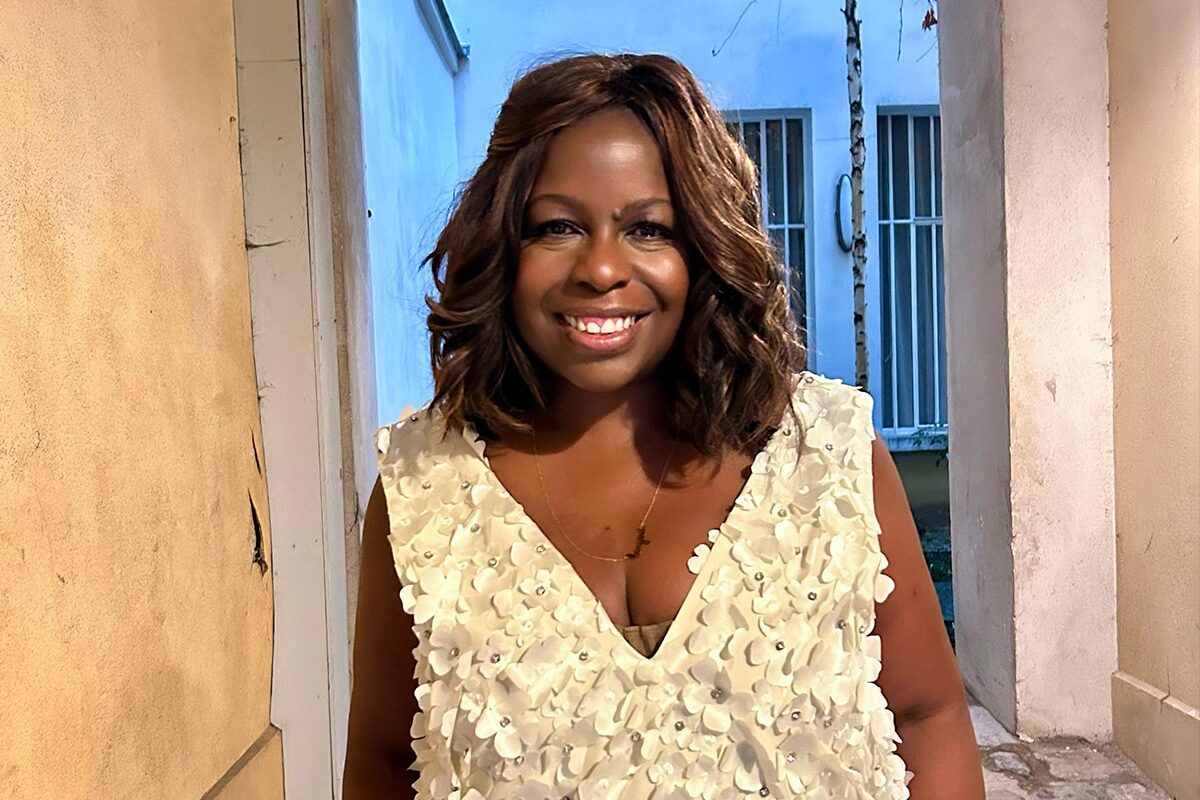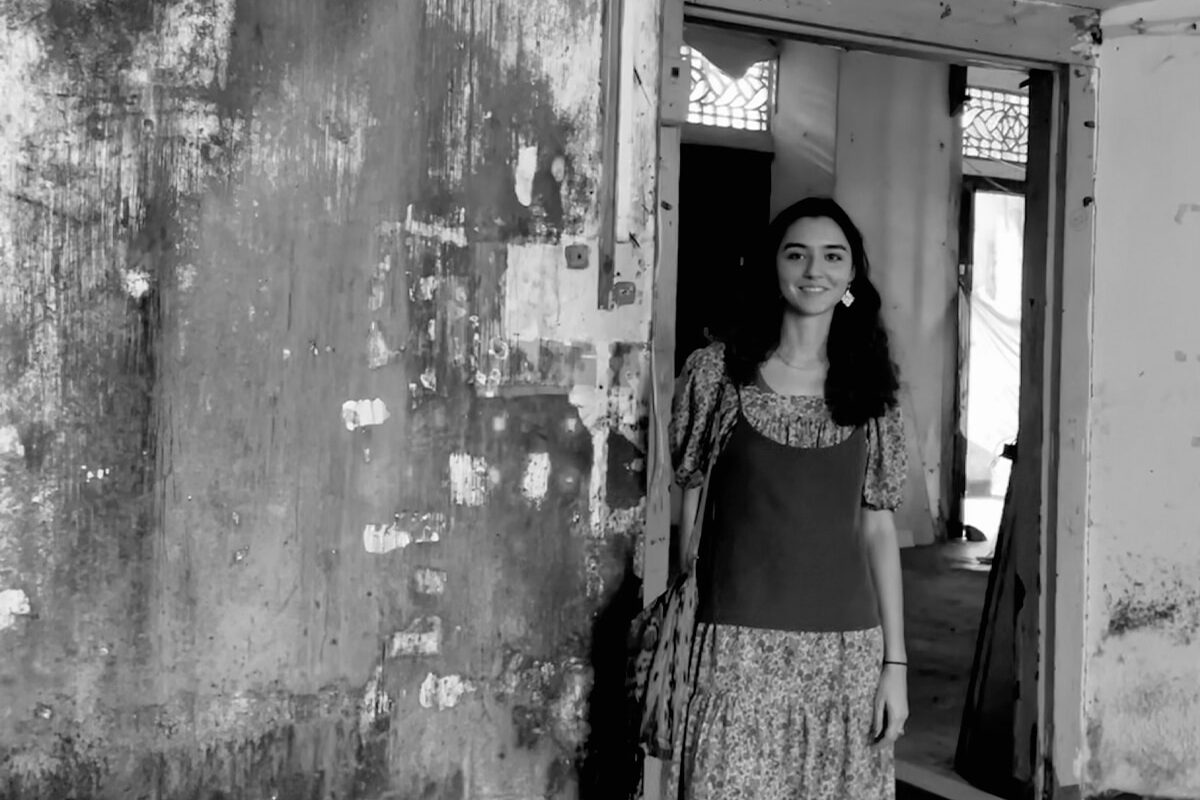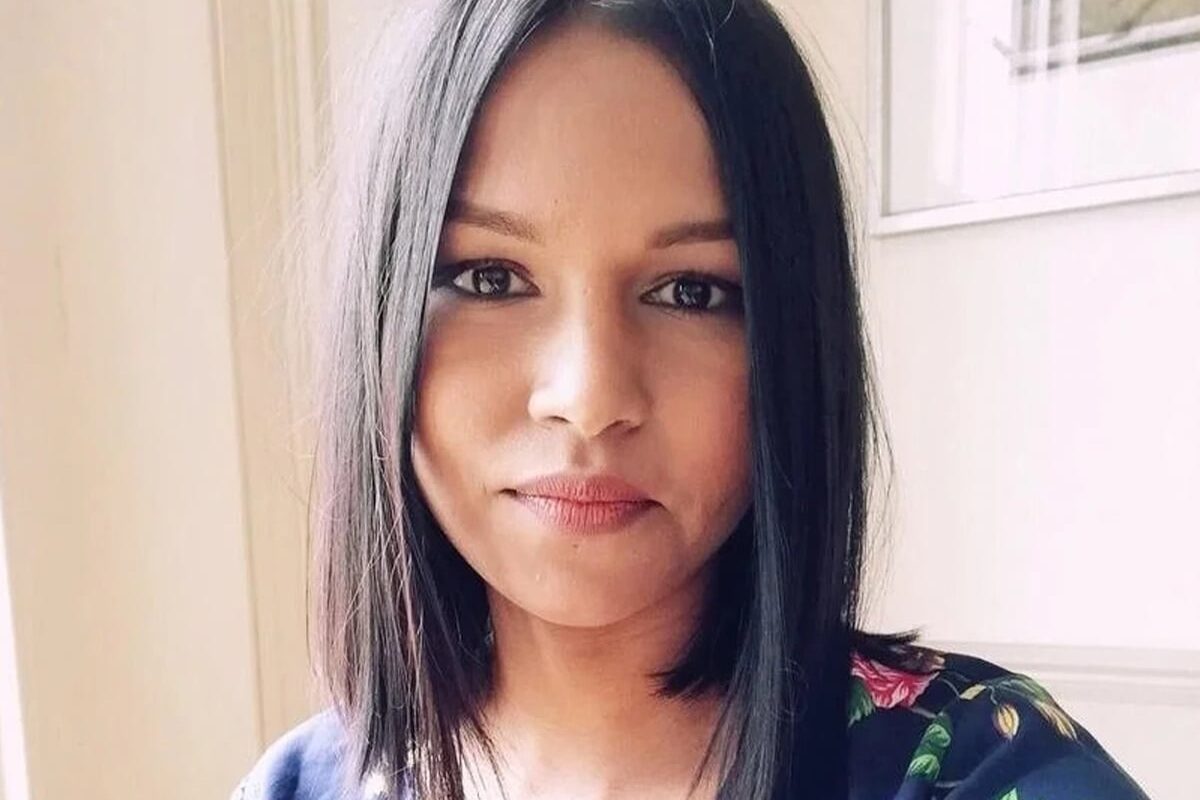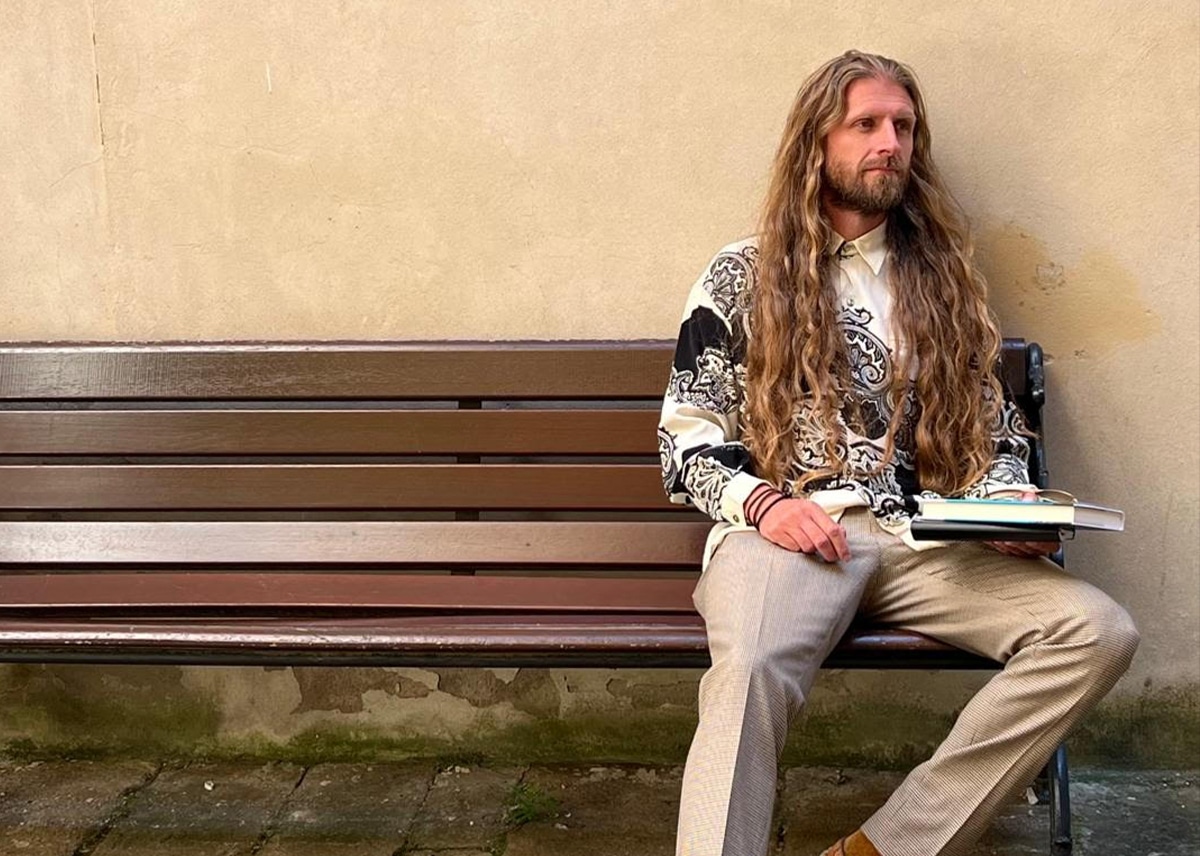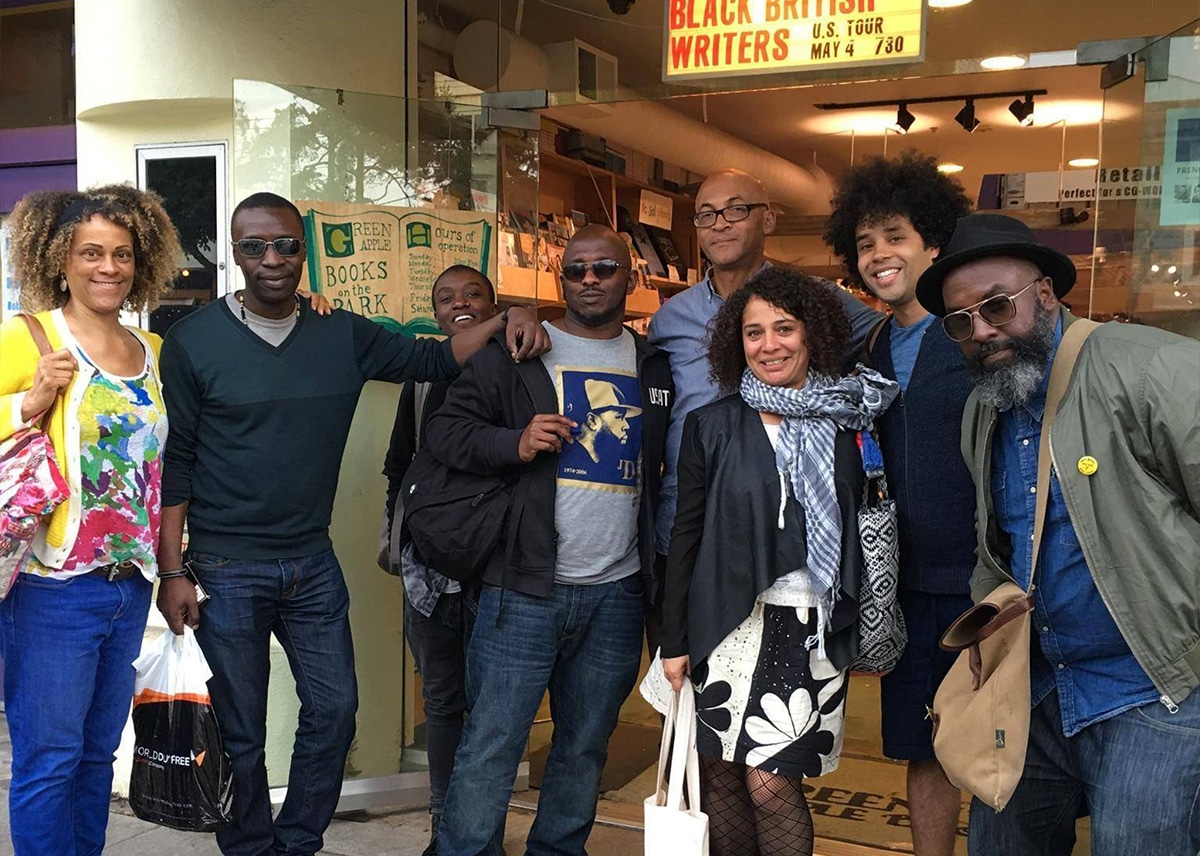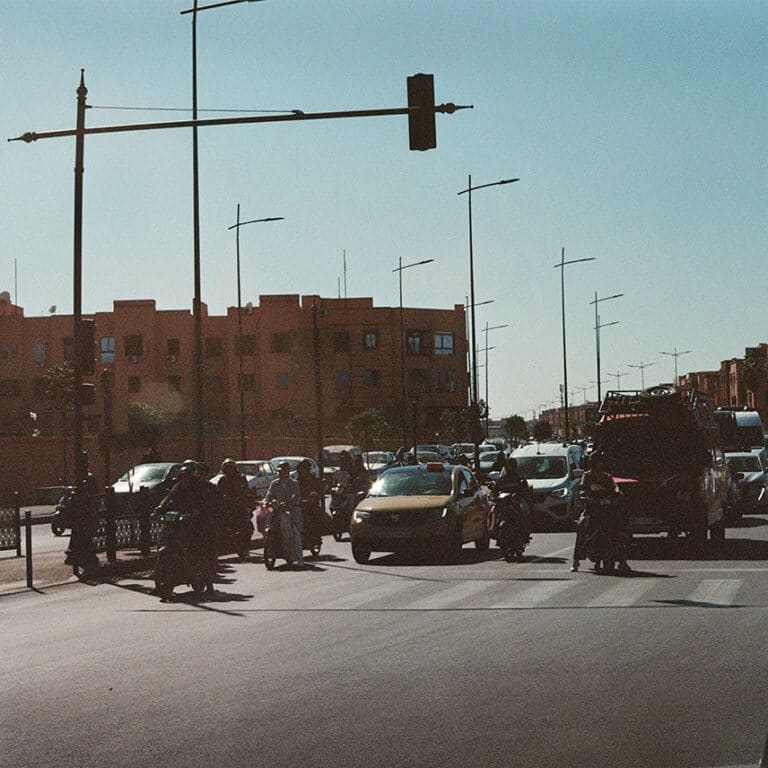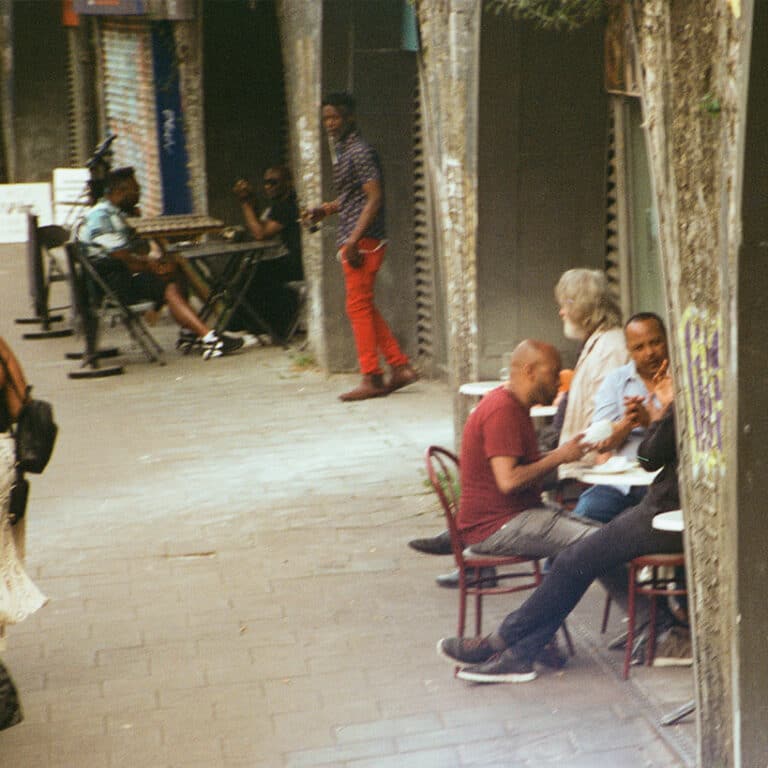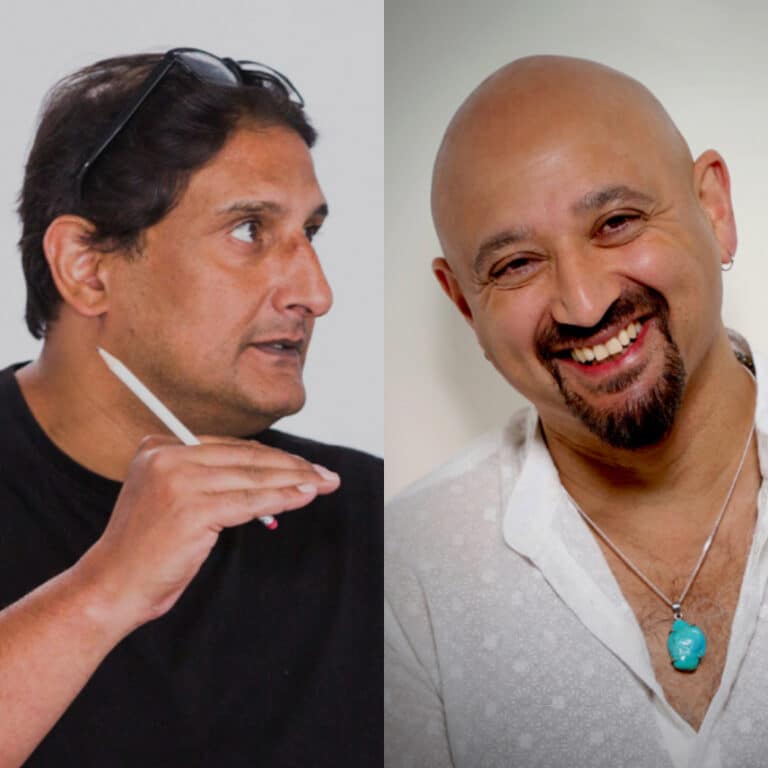My Favourite Cake

Directed by Maryam Moghaddam & Behtash Sanaeeha (2024)
Review by Zebib K. Abraham
My Favourite Cake, the second feature film from writer-director couple Maryam Moghaddam and Behtash Sanaeeha, is a quietly revolutionary film about two seventy-year olds in Iran finding love again.
The film follows Mahin (Lili Farhadpour) as she goes about her daily life in Iran. As a widow, with grown children now living outside the country, she has a comfortable but lonely life. Her house is beautiful, she waters her lush garden every day, she often eats alone. She does not often see friends and hasn’t had a relationship since her husband died three decades prior. In a delightful scene in which she hosts older friends at her house, we see Mahin at ease and happy. Mahin and her other widowed friends joke about the perils of getting older and their mixed feelings about romantic partnerships. Her friends goad Mahin to ‘find a man’. The scene is unexpected and hilarious; here are older women, in Iran, discussing desire, dating, love, when they are expected to disappear and remain modest as they age. Mahin is inspired to search for an available, elderly man in her neighborhood. She makes the bold choice to invite a single cab-driver, Faramarz (Esmaeel Mehrabi), to her home, and the rest of the film follows their unfolding connection.
My Favourite Cake is a naturalistic, charming, and intimate film, following the rhythms of conversation between its two main characters. In the vein of Richard Linklater’s Before Sunrise, we are drawn into a real-time, meandering conversation that is about the everyday and the existential all at once. In their screenplay, the filmmakers have a knack for capturing the natural flow and honesty of conversations between friends and new lovers, as well as the realities of their age. Mahin and Faramarz have experienced loss, their bodies have changed, but they are still full of joy. In My Favourite Cake, the affection and playfulness of the characters’ dynamic is its most daring feature. The film allows Mahin and Faramarz to be vulnerable, silly, rebellious. They want emotional and physical connection at a time of their lives when they are supposed to have no desire, and in a country that suppresses the expression of desire. Farhadpour and Mehrabi are brilliant in their performances; they convey their characters’ weariness and hopefulness, youthful giddiness and melancholy., Their performances are expressive and embrace physicality, especially in the second half of the film. The actors show delight and surprise, they dance and sway. Here, larger and older bodies are allowed to move, play, feel.
The cinematography and setting reflect the emotional progression of the film, from the wider shots of Mahin alone in her house or in public spaces, surrounded by clean, empty space, to more close-up shots of her and Faramarz together in her home. Rooms become smaller, more colourful, the camera more intimate. Faramarz fixes the lights in Mahin’s garden, and the space suddenly comes to life with soft illumination and lush growth. Senses are activated as the characters find new life in each other; Mahin wears brighter, sparkling clothes. They eat rich foods, get drunk on wine (in a country that forbids alcohol), loudly sing along to nostalgic, pre-revolutionary Iranian music.
The playful, surprising flow of the film does crumble in the final scenes. The last act of the film is dour, if potentially inevitable, but this turn of events does undercut the previous joy of the characters’ journey.
Filmmakers Maghoaddam and Sanaeeha have sacrificed their own safety to bring My Favourite Cake to the world; they have cleverly included criticisms of the Iranian regime and morality police throughout the film and they are now banned from travel and on trial in Iran. The film dares to defy the Iranian government, as well as larger patriarchal and ageist expectations. Like many brave Iranian filmmakers, Maghoaddam and Sanaeeha have sacrificed so much to bring this deeply human, heart-warming, and tender story to the world.
Steve
The film adaptation of Max Porter's novella Shy is not a story about middle-class adults rescuing troubled youth; the grown-ups aren’t okay
Impulse: Playing with Reality
A mixed reality experience by Anagram that journeys into the ADHD mind
Soon Come
In Soon Come, readers are treated to a narrative that has been, figuratively speaking, marinated in jerk seasoning
The seven lamps of writing
I write because I am, and I write because I am not
The lorry
'What if it was a phantom lorry, and my grandfather, who always showed an interest in my writing, had driven it here from the afterlife to make sure I was hitting my targets every day?'
In defence of Black History Month
Is it time to bring an end to the UK's Black History Month?

Preaching
'Preaching': A new poem by the T.S.Eliot Prize-winning poet Roger Robinson, from his forthcoming New and Selected Poems (Bloomsbury in 2026).
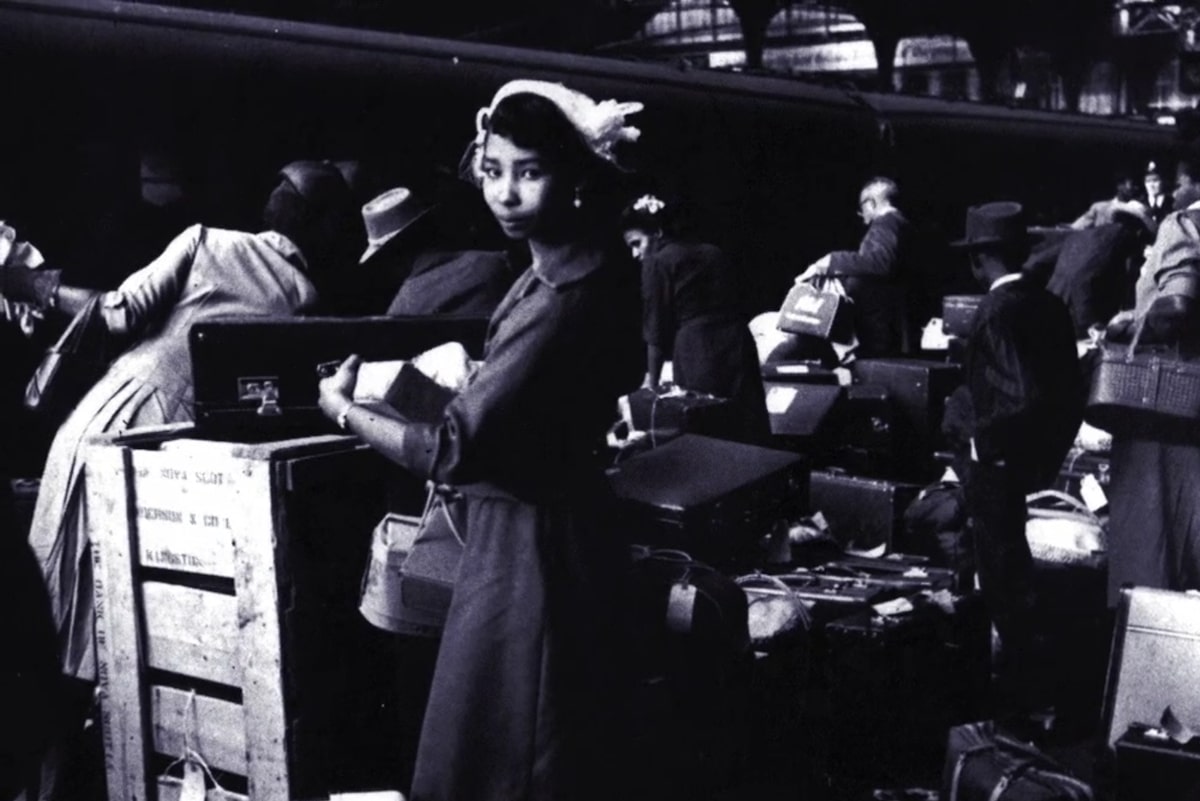
Walking in the Wake
Walking in the Wake was produced for the Estuary Festival (2021) in collaboration with Elsa James, Dubmorphology and Michael McMillan who meditates on the River Thames as we follow black pilgrims traversing sites of Empire.

Illuminating, in-depth conversations between writers.
SpotifyApple Podcasts
Amazon Music
YouTube
Other apps

The series that tells the true-life stories of migration to the UK.
SpotifyApple Podcasts
Amazon Music
YouTube
Other apps

